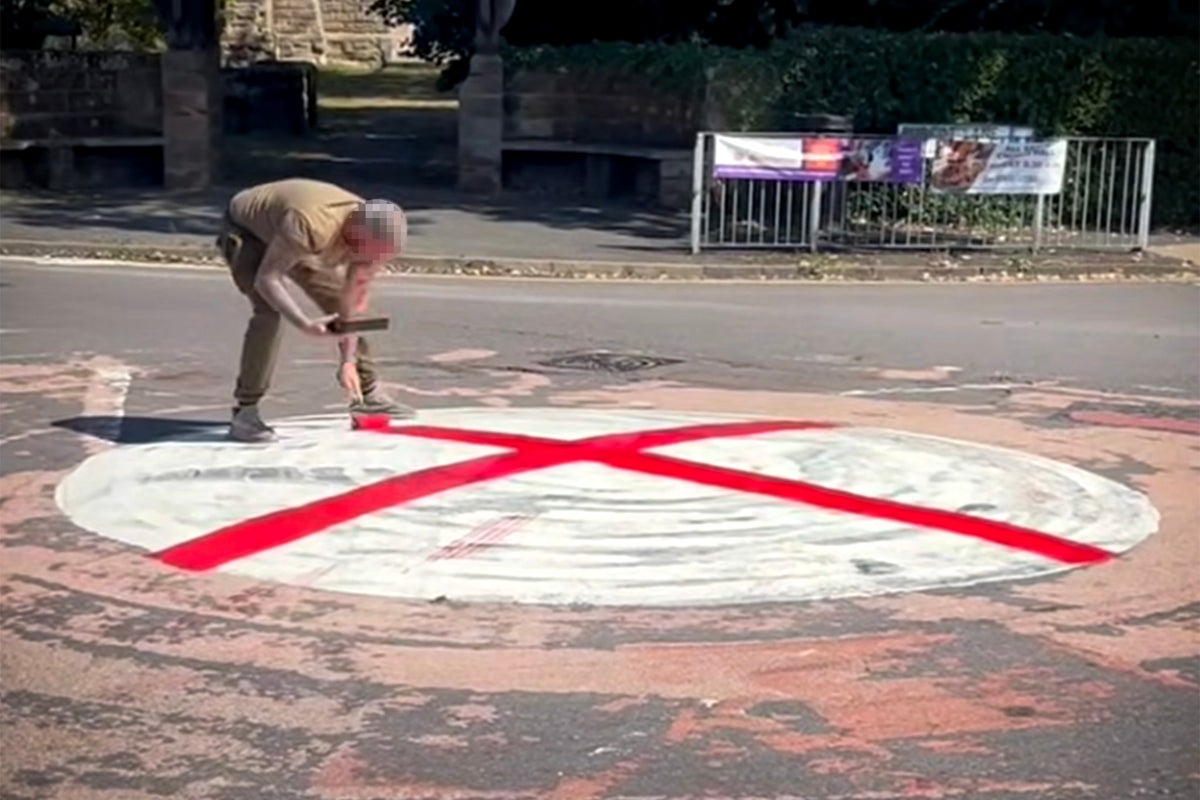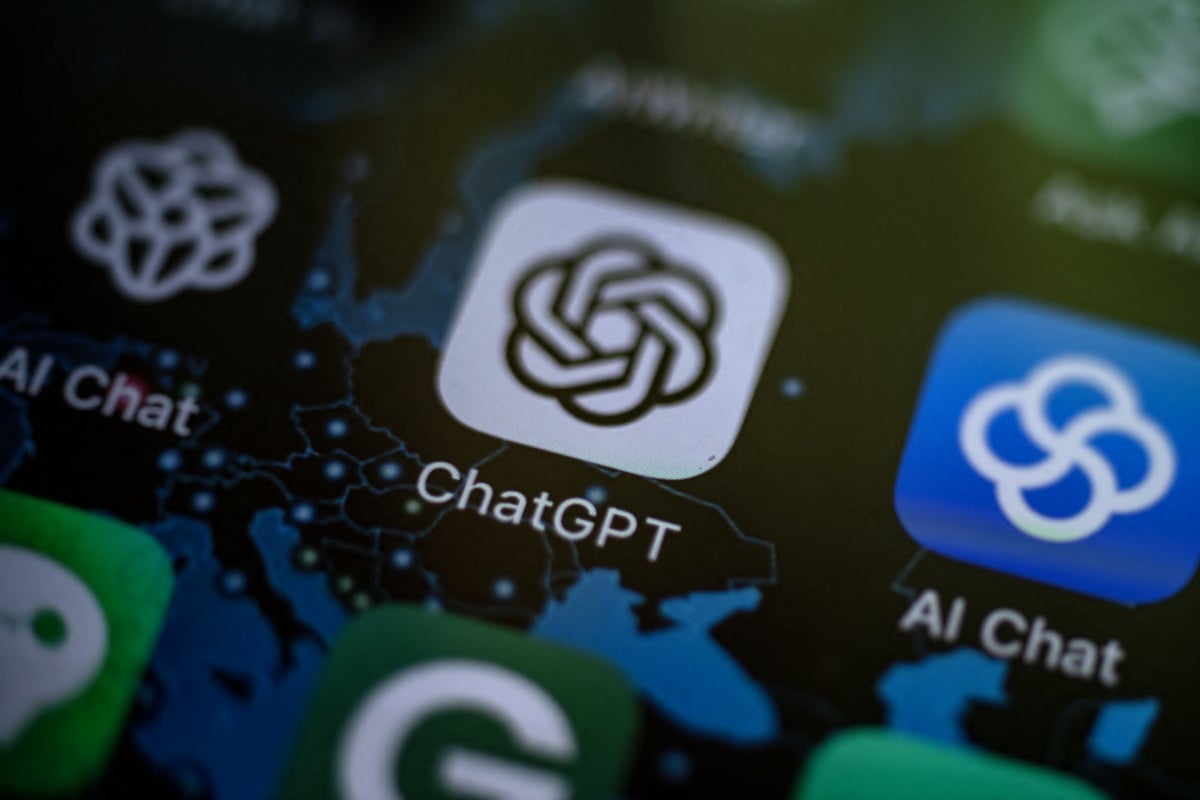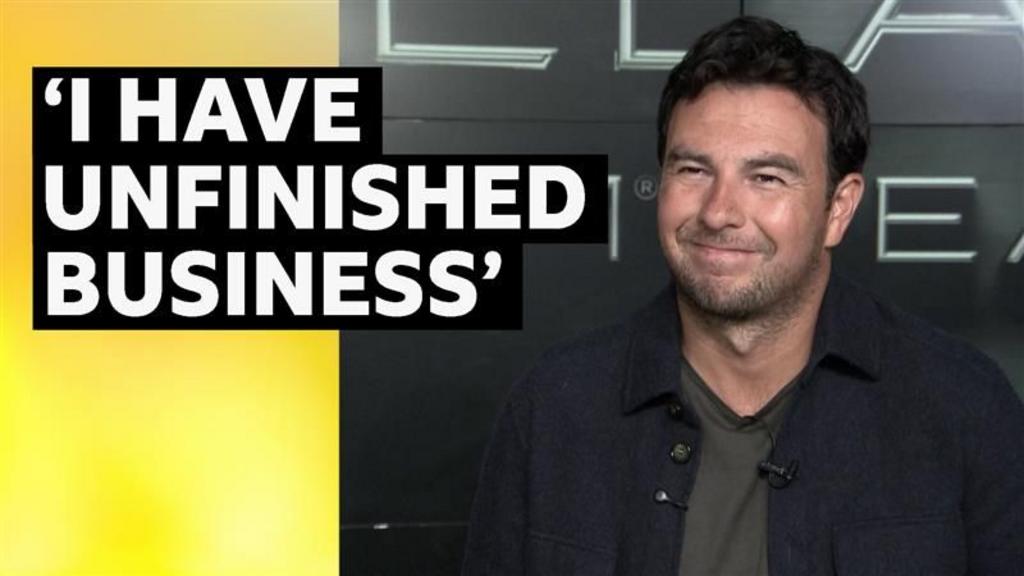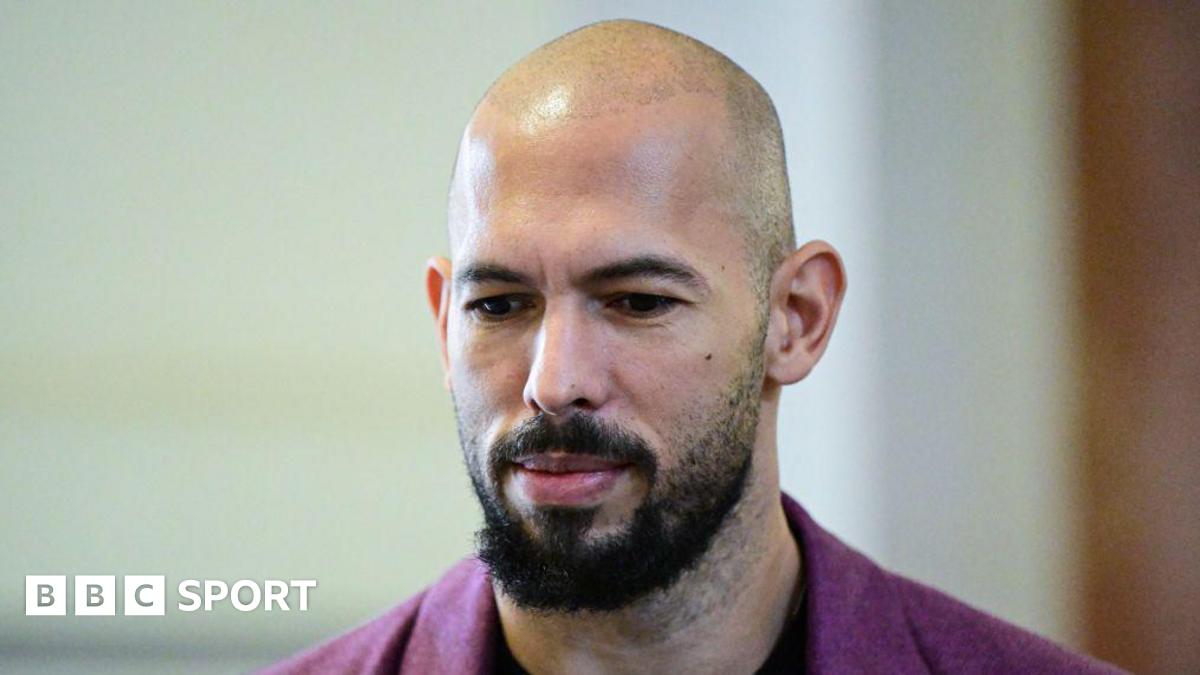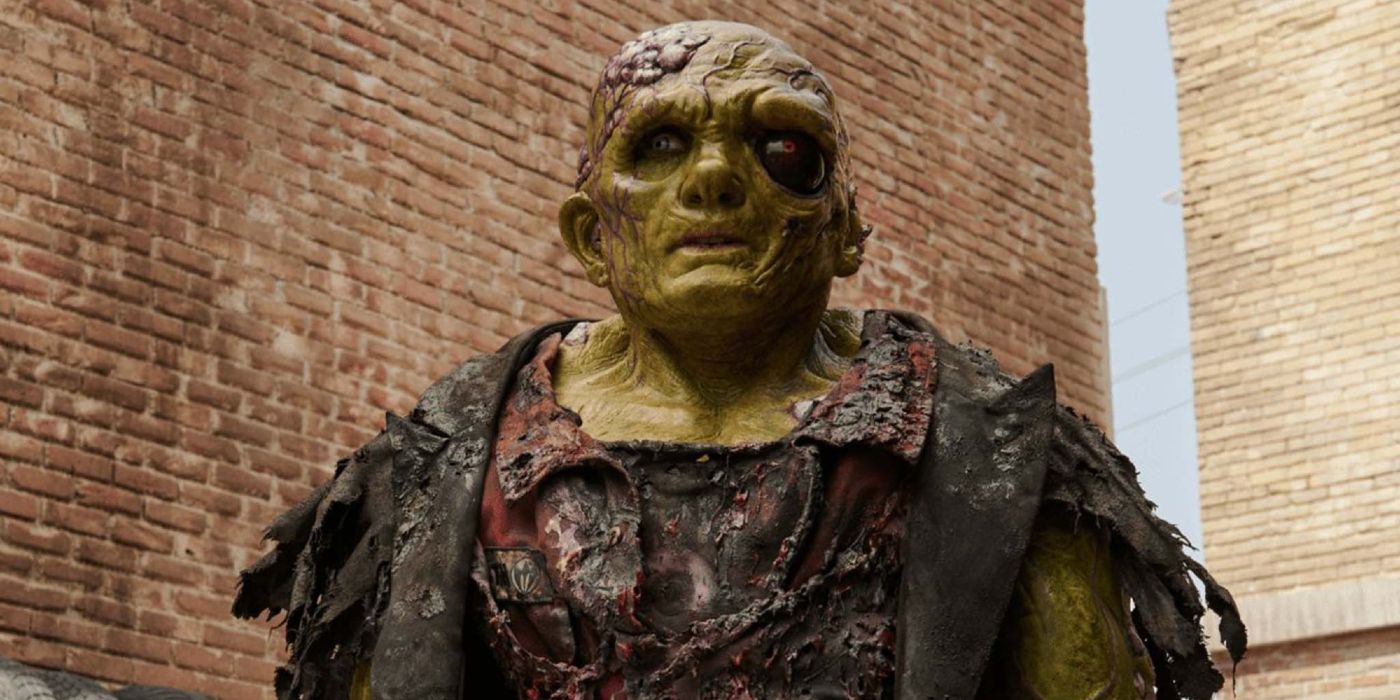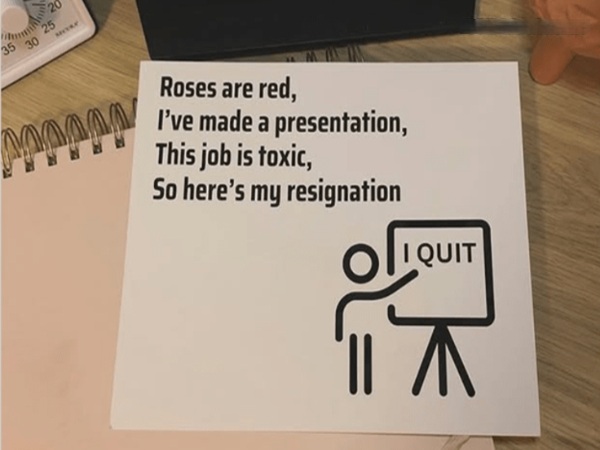How AI is exposing the BS economy

There’s a growing paradox at the heart of the modern workplace. Artificial intelligence is advancing at an unprecedented rate, capable of generating pitch decks, summarizing meetings, writing RFPs, analyzing spreadsheets, and even sending our avatars to video call meetings. Yet, for all the noise around productivity gains and disruption, most organizations are still stuck in neutral, disappointed by the underwhelming results of their various AI pilots. The recent MIT report noted that while AI pilots with tools like ChatGPT and Copilot were improving individual productivity, vanishingly few were contributing to P&L improvement. If these tools are making individuals more productive, but that’s translating into company performance, we have to ask—what’s the point of that work? The dirty secret? AI is is revealing just how much work doesn’t need to exist in the first place.
Welcome to the BS economy.
Defining the BS Economy
The term “BS jobs” was coined by anthropologist David Graeber to describe roles that are, even in the eyes of those performing them, fundamentally pointless. These are the jobs where if someone stopped showing up, no one would notice; or worse, everyone would be relieved. Entire categories of white-collar work, from middle managers pushing PowerPoints to consultants writing reports no one reads, fall under this umbrella.
The BS economy is what happens when these roles are scaled, celebrated, and institutionalized, perhaps to the point of becoming hyper-normalized, the paradoxical state in which everyone knows the official version of reality is false, but because no one can imagine an alternative, society collectively accepts and reproduces the lie as if it were true. Importantly, this state is not limited to a few unlucky job titles, but endemic to modern corporate life. It rewards process over purpose, optics over outcomes, and bureaucracy over impact.
For decades, this system sustained itself with rituals: long and useless meetings, excessive documentation, convoluted chains of approval, and performative busyness that drive up headcount and slow down progress without any delivering any appreciable improvement in outcomes. But AI is stripping away the theater, automating the symbolic and intangible aspects of work, precisely the tasks that were never truly value-generating to begin with.
AI Isn’t (Yet) Disrupting Work. It’s Exposing It
Let’s be clear: AI hasn’t fundamentally changed most jobs yet. It’s not that large swaths of the workforce have been replaced or redeployed. What AI is doing—faster than most companies can react—is mimicking the performative layer of knowledge work. Drafting emails. Creating status updates. Rewording proposals. Polishing presentations. Transcribing and summarizing meetings that arguably didn’t need to happen in the first place. As Yuval Harari recently noted, AI is already a better storyteller than humans. It is also challenging humans when it comes to not just work, but also pretending to work, in the sense of replicating a range of job-related activities that more clearly result in being busy than actually productive (in the sense of adding value).
If an AI can instantly generate a company’s glossy annual report (complete with “letters from the CEO” and strategic road maps), it exposes how formulaic these documents really are. They read less like authentic reflections of vision or performance and more like templated PR exercises, optimized for investors’ expectations. The ease with which they can be faked shows just how little originality or substance was there in the first place. We’re witnessing a productivity revolution without a purpose revolution. Tools are improving, but the work remains hollow. Instead of using AI to invent better ways of working, many companies are simply using it to churn out more of the same, only faster. But running faster in the wrong direction just means getting lost faster—and if everyone is doing it, we risk just getting lost in a forest of sameness
There’s a risk here. Without deliberate redesign, AI won’t just expose the BS economy, it could entrench it. If leaders don’t challenge the status quo, we may end up amplifying the noise, not reducing it. We’ll layer new systems on top of bad processes and wonder why things haven’t gotten better. If automation means that machines are mass-producing work products that then only get reviewed, summarized, and acted upon by other machines, what have we really gained?
Value Comes From Humans, Not Bots
The crucial insight is this: AI can optimize how work is done, but it cannot tell us what work should be done, or why it matters. That’s still a human responsibility. And it’s where the opportunity lies.
The value of AI will not be measured by how much it automates nonsense, but by how much it liberates human potential. If AI saves a manager 10 hours a week by eliminating report writing, the real question is: what will they do with that time?
The answer depends on leadership and HR. Not on the tech or AI.
To unlock real value from AI, organizations must help people reimagine their roles beyond routine output. This means identifying opportunities for human contribution that are creative, relational, strategic, and judgment-driven, the domains where AI is still weak. It also means empowering people to use freed-up time to think, learn, explore, connect, and innovate.
Fixing Work: Four Imperatives for Leaders
- Redesign Work
AI won’t fix broken workflows. Leaders must rethink work processes and roles from the ground up and focus on the ones that are truly driving business value. Start by asking: What outcomes matter? What activities actually contribute to those outcomes? What capabilities are required to complete the work and are those best suited to people or machines? And what can we stop doing altogether? Aim to eliminate tasks that exist only to justify someone’s presence or to feed internal reporting machinery. Design roles that are lean, outcome-focused, and infused with a clear sense of purpose.
- Re-skill Managers to Lead in the AI Era
Managers are the keystone species in any organization. Yet many are unequipped for an AI-enhanced world. Re-skilling managers should focus less on technical mastery and more on human leadership. They need to understand how to coach teams, set meaningful goals, recognize contribution, and create psychologically safe environments that foster experimentation. They should become amplifiers of human potential, not compliance officers for productivity software.
- Rethink Performance Management
Most current performance systems still reward confidence over competence, style over substance, and politics over performance. That must change. AI gives us better data and more granular insights, but we need to ask better questions. What value is someone actually creating? Are they helping others succeed? Are they solving meaningful problems? Moving forward, performance should be measured by contribution, not presence. Output, not optics. Impact, not volume.
- Experiment, Iterate, and Learn
The AI transformation is not a plug-and-play exercise. Every organization will need to experiment with new models of work, test ideas, and learn from failures. The organizations that thrive will be those that adopt a learning mindset: try, measure, adjust, repeat. Don’t expect one grand solution. Instead, cultivate a portfolio of small experiments across teams and functions, and scale what works. The goal is not just to do more with less, but to do better with less noise.
AI Can Help Us Fix Work—But Only If We Let It
Taken together, these imperatives represent a set of cultural and operational changes—and that’s where the hard work is. Real change won’t come from turning on an LLM; it will come from those with the courage to tackle deep-rooted practices and beliefs.
At its best, AI can serve as a mirror: reflecting the absurdity of modern work back at us with eerie precision. But the mirror itself doesn’t solve anything. What we choose to do with that reflection is what matters.
We can continue pretending that busywork equals value, or we can use this moment to make work more meaningful. That means getting serious about human contribution. About designing roles that tap into curiosity, creativity, empathy, and strategic thinking. About automating the things that are formulaic and joyless, and creating space for people to do the things machines can’t.
In short, the rise of AI is not just a tech story, it’s a leadership challenge and an organizational challenge. The biggest risk isn’t that AI will replace humans. It’s that we’ll fail to replace the nonsense that AI is finally making visible.
Let’s not waste the opportunity.
What's Your Reaction?
 Like
0
Like
0
 Dislike
0
Dislike
0
 Love
0
Love
0
 Funny
0
Funny
0
 Angry
0
Angry
0
 Sad
0
Sad
0
 Wow
0
Wow
0


